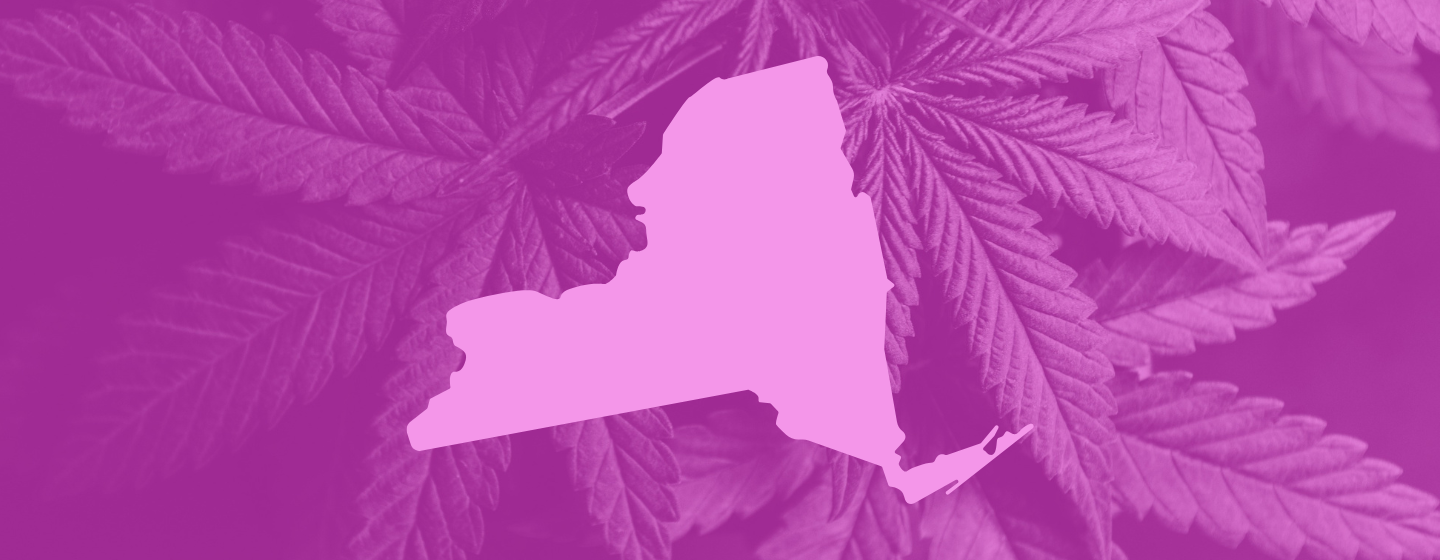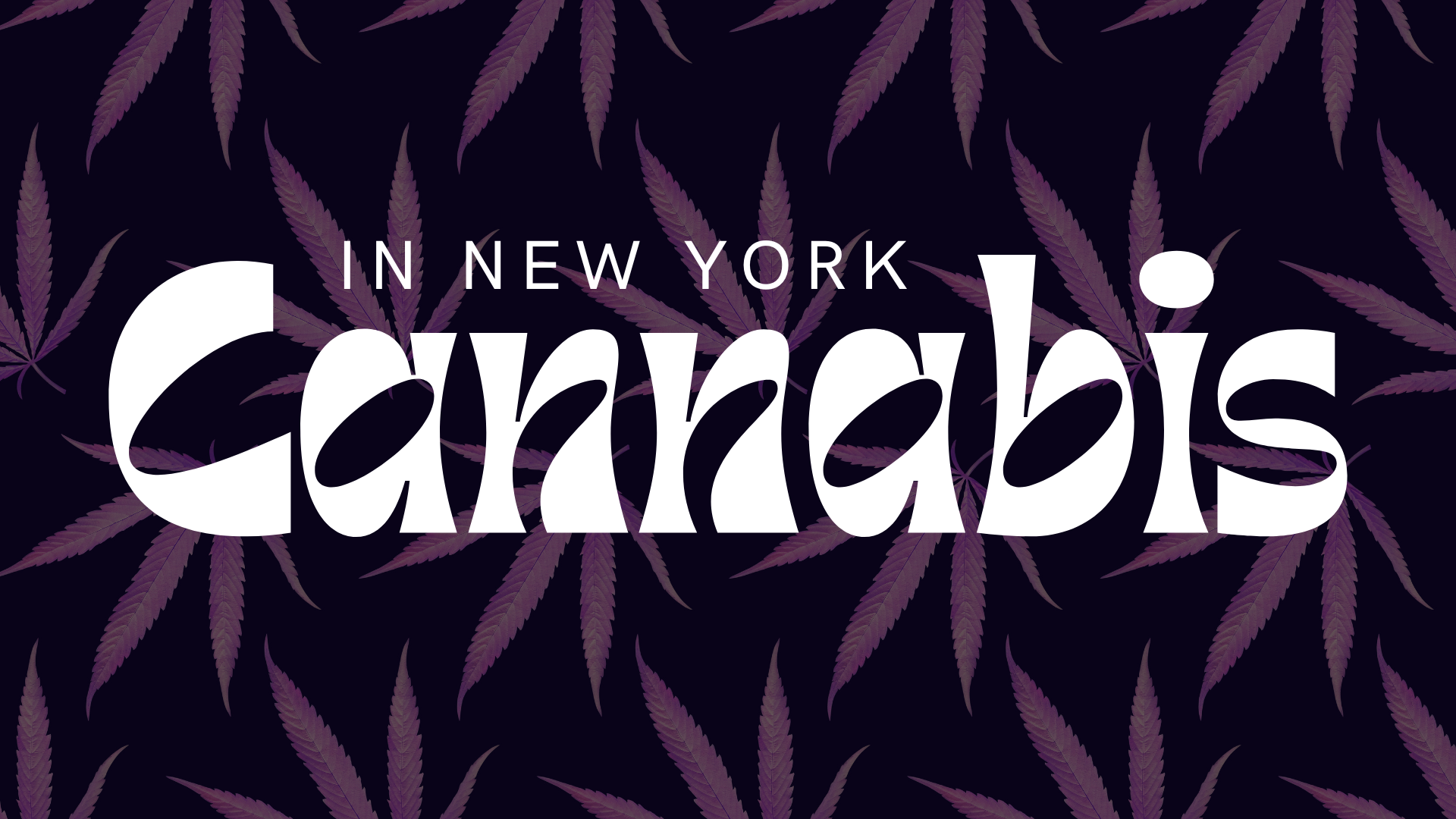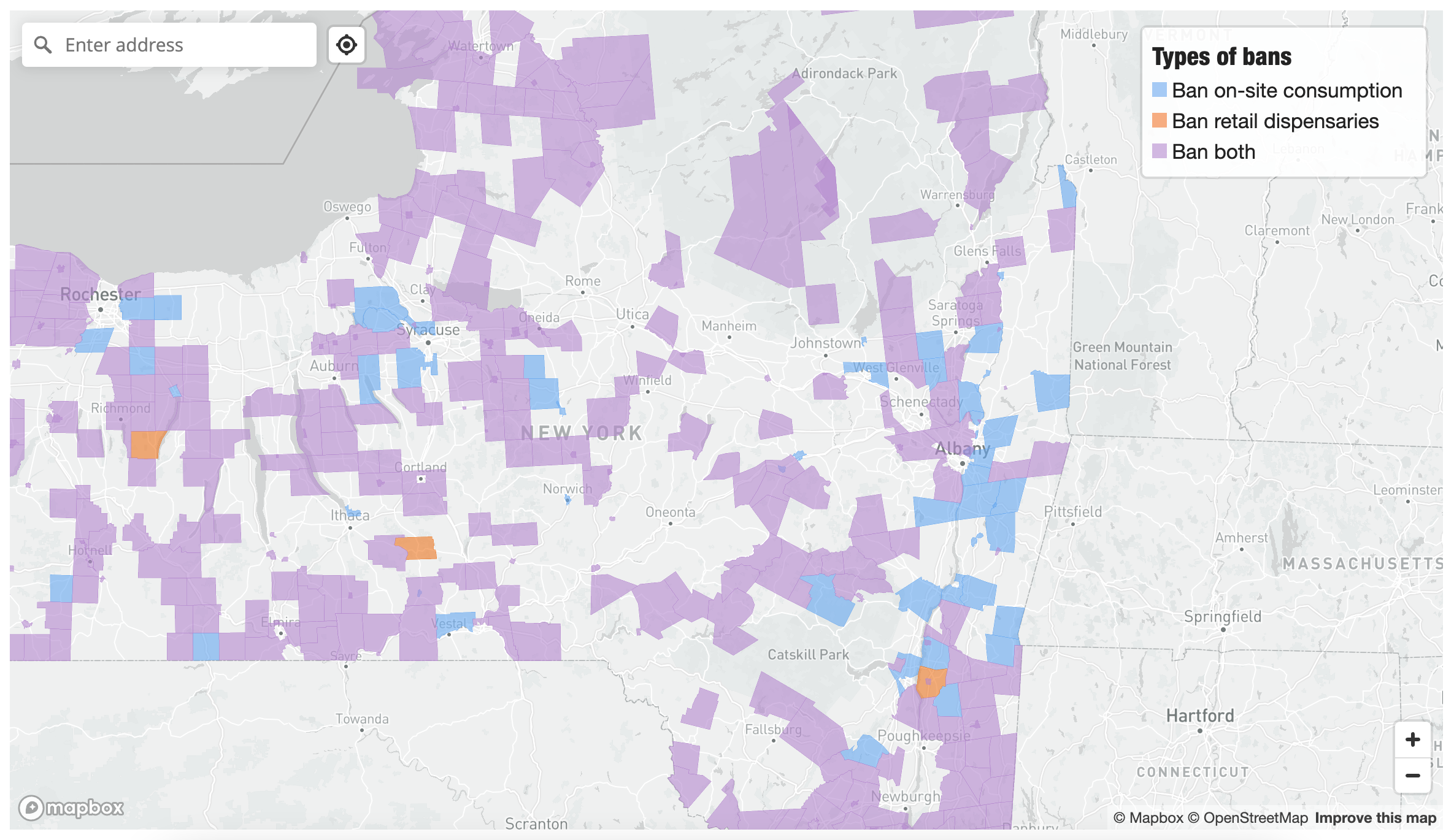How Will Legal Cannabis in New York be Different from Other States?

ALEXIS YOUNG: First came love, adult use conditional cultivation licenses. Then came marriage, adult use processor licenses, and now conditional adult use retail dispensary or CARD licenses are cruising in the carriage. The CARD program and other conditional licenses are designed so farmers, processors and retailers from communities targeted during the War on Drugs and other small business owners from underserved populations can get a piece of the infused pie first. We sat down with Damian Fagon, the Chief Equity Officer at the Office of Cannabis Management, or the OCM, to discuss the CARD program and other initiatives that are setting New York State's cannabis industry apart from the rest. Damian, thank you so much for sitting down with us today.
DAMIAN FAGON: Absolutely. Thanks for having me.
AY: So, New York State's cannabis industry is taking a different approach than some of the other states in the nation. The market's infrastructure makes it more difficult for bigger, more well-funded companies to monopolize the adult use industry. Can you explain the characteristics of New York’s market infrastructure that makes it possible to bar these monopolies?
DF: Absolutely. We took a lot of inspiration from our alcohol industry, specifically our craft beer industry and wine industry, as well as other legal markets around the country and we were most impressed with Washington State, which has the only two-tier system in the country beside us now. A two-tier system is where the retailer is separated from the supplier. Suppliers can't control what retailers sell. In other states, that division does not exist, so well-funded suppliers will pay retailers to sell only their product. We're looking at who's had access to these opportunities in other states, and it's not black and brown communities, it's not small entrepreneurs, it’s not immigrants, and I think we're losing out on a lot of brands, marketing possibilities, and product possibilities by excluding those groups. So, when we were designing this regulatory architecture, we were primarily intending to benefit small businesses. If you want to start a mom and pop, if you have a brand idea, or some other innovative idea for the cannabis space and you want to give it a shot, you don't need $10 million to do so. You might need $50,000, or $100,000, but we tried to lower those financial barriers as much as possible to give everyone a level shot. On top of the two-tier restriction, there's a horizontal restriction, where you can't own multiple licenses. In other states you can just start throwing your dispensaries all over the state and consolidate the market overnight. What we did instead is limit the amount you can expand horizontally across your tier to allow for a lot of different players access to the market. As a result, we're going to see thousands of businesses operating interdependently across the supply chain in New York.
AY: So not only is the market set up to incubate these small businesses, but the Seeding Opportunity Initiative from my understanding will help meet some of the equity and justice goals from the Marijuana Regulation and Taxation Act (MRTA). Can you talk about what those goals and initiatives are and how the two-tier market supports them? The guiding light of the MRTA is putting those most harmed by cannabis prohibition first by ensuring that 50% of the licenses that we give out over the next few years go to minority, women, service-disabled veteran, and distressed farmer owned businesses. The Seeding Opportunity Initiative captured a lot of those groups in this conditional program, a lot of distressed farms upstate. Then obviously, our conditional adult use retail dispensary license, is for those individuals who have had marijuana related convictions. So, we started our industry with family farms and those folks to do retail first because it's the right thing to do. It also puts the consumer first because this allows for a lot of participation in the industry to create something that's uniquely New York. I think that, when we look at other cannabis industries, New York is too special to just replicate what's been done in other states. We have to put our own spin and culture into this, and by prioritizing those family farms upstate and those folks in the city who faced setbacks with cannabis prohibition we're doing that. I think having the industry start with them is a huge ethical and moral win. It honors the MRTA, but they also get the first mover advantage in the market. So, when they put their dispensaries and brands up, they'll have that advantage over other competitors that are going to be entering our market soon.
AY: So, the conditional licenses have that first advantage in the market, but looking down the road a little bit when non-conditional licenses enter the market, is there a concern that the CARD licenses will get lost in the shuffle and some of those ethical and moral wins that you were talking about will be diminished?
DF: I don't think so. Because of those two-tier and horizontal restrictions, it's a very level playing field in terms of competition. The more money you have, you cannot beat out your competitors by being a loss leader or just consolidating quickly and taking advantage of people. There's a lot of anti-trust protections in our regulations that protect small businesses and give them a fair shot at competing. The second thing I'll say is that the prioritization of people with marijuana arrests, it doesn't stop with CARD. The MRTA gives us full authority and a mandate to continue prioritizing those communities who had marijuana related convictions for future licenses, including dispensaries. If you look at how many liquor stores there are across the state of New York, you're talking about 3000. We may need 2000 cannabis dispensaries over the next 3 to 5 years all over the state. 50% of those could also go to people from communities disproportionately impacted [by the War on Drugs]and people with marijuana related convictions, and so we're continuing that justice work going forward.
AY: But as New York creates the socially equitable policies of its cannabis industry, the cultivator and processor licenses were first introduced and then conditional adult use retail dispensary license have entered the fold. CARD applicants must have lived in communities targeted by the War on Drugs, had felony cannabis convictions, and at least 10% ownership of a profitable business for the last two years. From my perspective, that seems like a steep mountain to climb. In prepping for this interview and speaking with CARD applicants, you both seem to express a decent amount of hope around these policies. So my question is, are these policies being well implemented? I know you said in a previous interview that the language in the MRTA is fine and dandy, but if it doesn't get implemented well then…
DF: Yeah, the devil's in the details with the implementation, you know, and we're all cognizant of that. Chris Alexander, our executive director, played a huge role in writing that bill, which is why he's in the seat that he's in now. He wants to honor the work that went into passing that legislation, the work of black legislators in Albany, the sacrifices they made to make ensure that we had equity first, that we had 40% reinvestment, and so all the work we do is to honor that. I think sometimes people are surprised like, wow, they're really doing this. Like, did you read the MRTA? We're doing what we were mandated to do. The work going forward will continue to look like that. It'll open the doors up to a lot of out-of-state players as well. We have a huge demand for cannabis in New York. We have a lot of consumers, a mature and sophisticated market here in New York City, and it’s going to take a lot of sophisticated operators to provide that cannabis. So as we go forward, our eyes are always on the [foundation of restoring harm], while also building a sustainable and competitive industry that consumers actually benefit from. Where they can get good, safe and tested products.
AY: Well, Damian, thank you so much for sitting down with us again today. This has truly been an illuminating discussion.
DF: Thank you.




